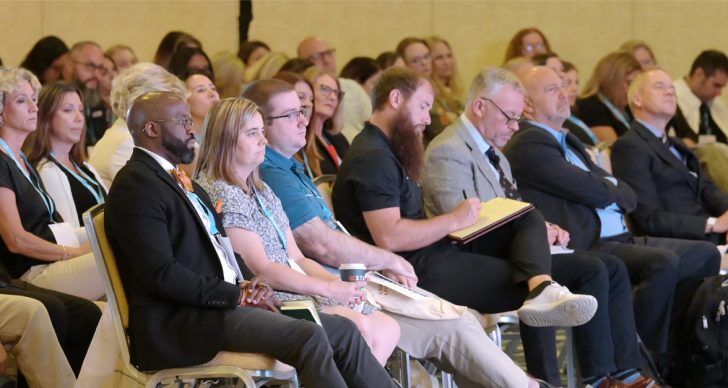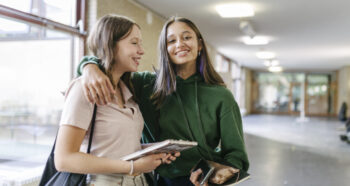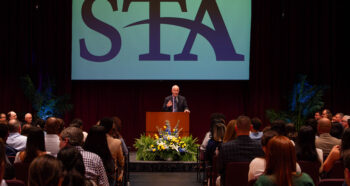We held our latest global Cambridge Schools Conference in Florida on 23 and 24 June. The event brought together more than 500 educators from Cambridge International schools, making it our biggest-ever schools conference.
In this blog, the Head of Teaching & Learning at Cambridge International and Director of the Cambridge Schools Conferences, Paul Ellis, reflects on the 2022/23 conference series and how we are working towards the conference theme of ‘creating a positive learning environment for academic success’.
Our latest series of Cambridge Schools Conferences began at our headquarters in Cambridge in September 2022 and has just concluded in Florida, United States. In March of this year, we also held an online conference. Through the events, we have heard from international education and assessment experts who have presented and facilitated sessions on effective ways to ensure that learning and teaching can take place in a positive environment.
The conference theme has enabled us to feature a wide range of topics, all related to giving students and teachers the best opportunities to access, participate and make progress in their learning and teaching.
As Urie Bronfenbrenner underlined in his Ecological Systems Theory (2009), there is much that impacts on an individual that is out of their control, but at a micro level – where we find family, peers and school – we can make small but significant changes to reduce, rethink or remove what is getting in the way of an individual performing to their potential.
Our speakers and focus of the sessions
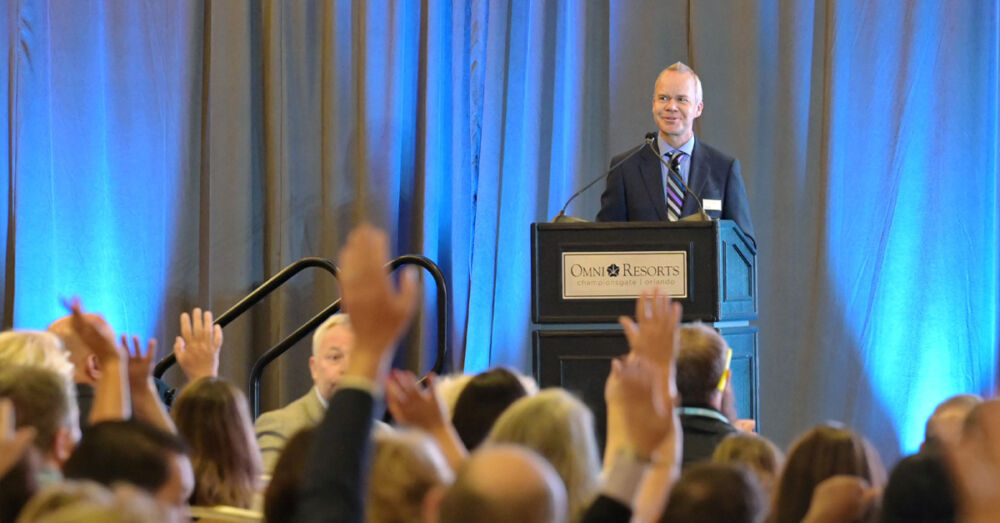
Our keynote speakers, including Professor Hilary Cremin, the Head of the Faculty of Education at the University of Cambridge, and her deputy, Professor Mark Winterbottom, as well as Dr Izabela Zych, Professor Rob Coe, Dr Nicole Cobb, Dr Simon Ellis, and Professor Yong Zhao, all shared their research into peace education, motivational theory, behaviour, attributes, personalised learning, and leadership. My colleagues and I also led sessions that focused on the fast-evolving area of neurodiversity and inclusive education.
Throughout the conference series, we also heard about:
- how to encourage staff collaboration
- using purposeful feedback in teacher observations
- creating and sustaining a professional learning culture for teachers
- dialogic classrooms (encouraging discussions between students and teachers)
- preparing students for life beyond school
We included some popular sessions about online and digital learning, as well as presentations and debates about the possibilities and challenges of generative Artificial Intelligence (AI).
Many teachers and school leaders attended our conferences for the first time this year. Hosting one conference a year online, which we began during the Covid-19 pandemic, has also given greater accessibility to people all over the world who would not normally be able to attend in person.
We were delighted to see new delegates and welcome back those we have seen before. It is a testament to the value of our conferences – which regularly receive satisfaction rates close to 100%. Our attendees also share positive feedback about the high level of professional development that the conferences provide – meaning many schools return year after year.
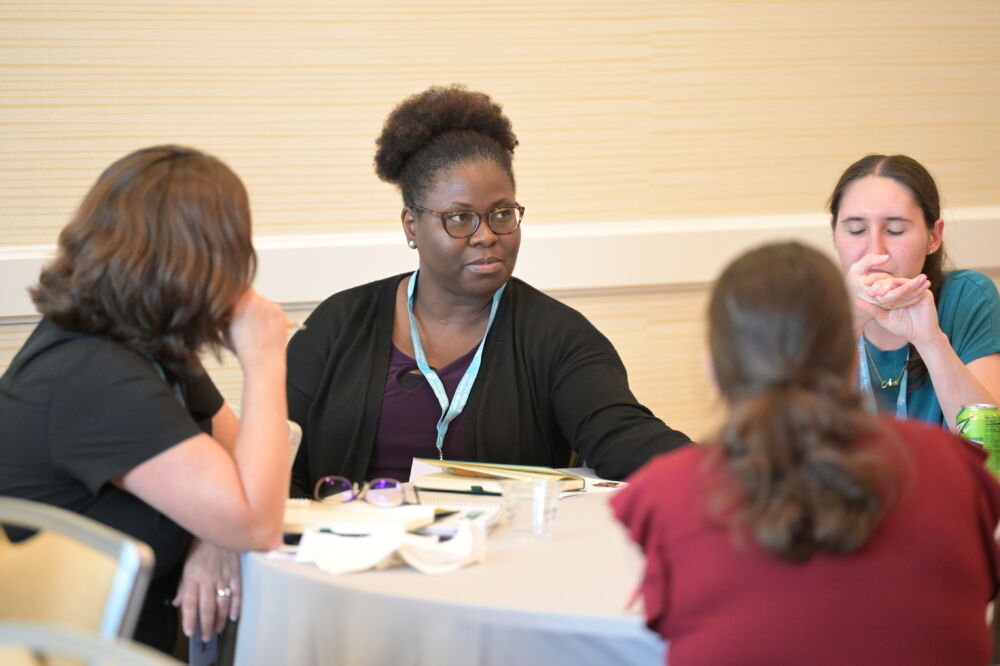
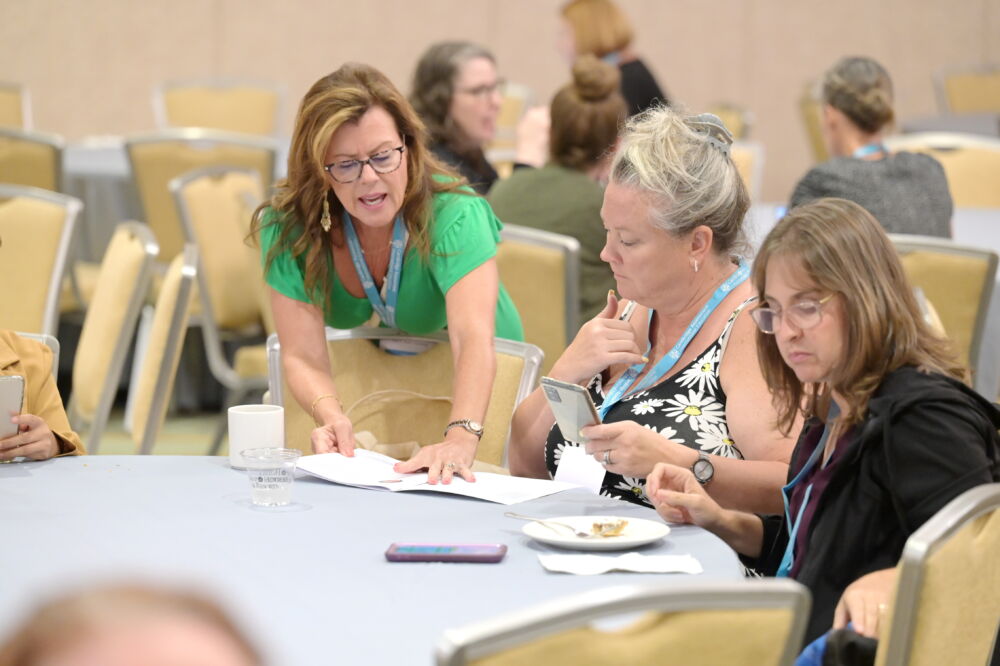
We will soon be announcing the theme and locations of our conferences in 2023-2024, set to begin in the Middle East and North Africa (MENA) region in December 2023.
If you would like to learn more about our conferences and view materials from previous events, we have a dedicated webpage that is free to access.
You can also listen to a podcast on our Brighter Thinking series, where some episodes relate to this year’s conference theme or include interviews with our speakers.
And explore our latest Cambridge Outlook magazine, which covers a wide range of topics including neurodiversity and fairness in assessment design.
References and further reading
Bronfenbrenner, U. (2009). The Ecology of Human Development: Experiments by Nature and Design. Cambridge, MA: Harvard University Press
Ellis, P., Kirby A. & Osborne, A. (2023). Neurodiversity and Education. Thousand Oaks, CA: Corwin Press


